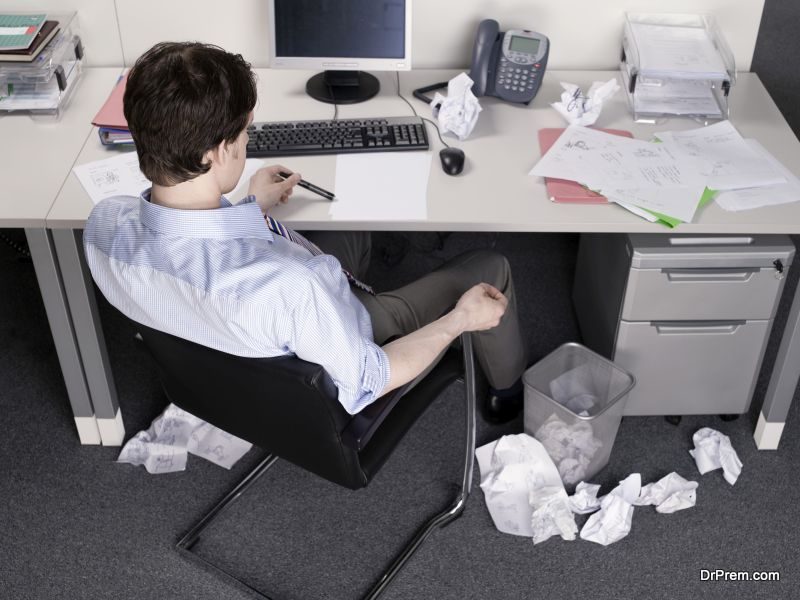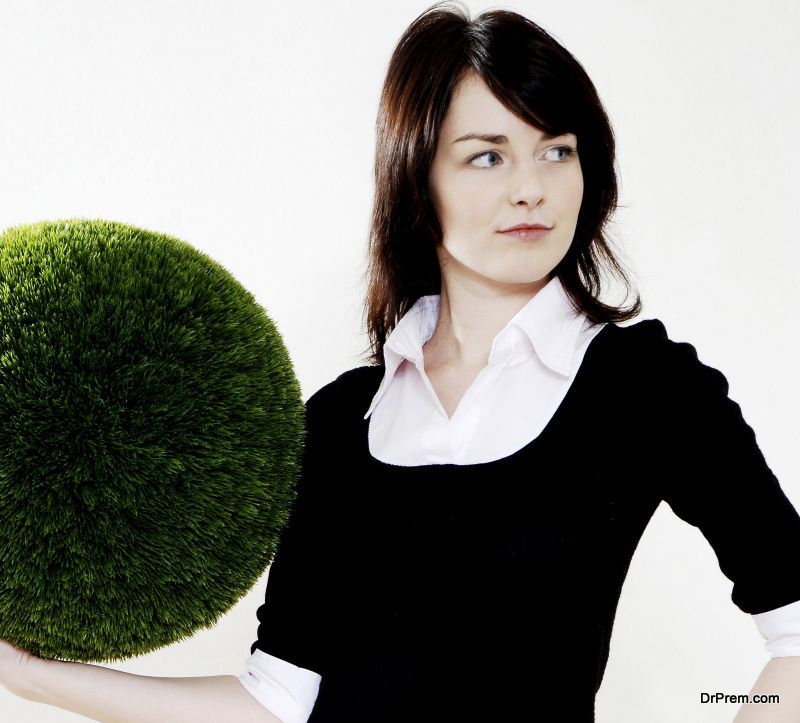It has been estimated that by 2050, we will need three worlds worth of resources to sustain the population. Our planet is fast reaching our world’s physical limits. However, both individuals and businesses are reluctant to change their daily routines or company structure to a more long term, sustainable one.
Traditionally, recycling has been understood as the most efficient path toward sustainability; however, the recycling model has not been able to successfully maintain sustainability on a large scale. At the beginning of 2015, Richard McIlwain pointed out in a round table debate hosted by MRW that general public is not clear on what can be recycled and what cannot. So, the recycling guidelines are not clear and, thus, not abided by. The recycling process is energy intensive and downgrades materials, adding to the demand for virgin materials.
Instead of recycling, businesses need to be focusing on reusing for a greener future.
The Digital Age

A study by the The Paperless Project found that, on an average, an office worker uses up to 10 000 pieces of paper annually. Of that paper, 45% ends up being thrown away by the end of the day.
Getting rid of your companies paper consumption and turning towards digital tools is one of the most viable ways in which your business can cut down on its paper consumption.
Reuse rather than Recycle
Recycling offers limited appeal for a long-term sustainable future. A truly green future needs businesses to focus on reusing equipment and business tools where possible.
For SMEs, this could be a simple switch to hand towels from paper towels in toilets. Whilst for larger businesses, such as food suppliers and retailers, switching from one trip packaging in their supply chain to returnable transit packaging (RTP) such as plastic pallets is an option.
One trip packaging mainly consists of cardboard and polystyrene boxes which are recycled after their first use to conform to recycling guidelines. Switching from the commonly used trip boxes to plastic crates reduces carbon emission by roughly 52%.
RTP options also bring a variety of benefits, including both financial and environmental benefits. Not only do you have the option of crate and pallet hire with RTP suppliers such as PPS, but the strength of the product will also provide greater protection for goods in transit when compared to cardboard which could be crushed or warped.
Heating Loss
Due to the UK’s colder climate, the average office will turn on their heating system almost daily. If you put your heating on in the morning and keep the doors and windows closed then you should be able to turn the heating off once the office is warm and retain the heat generated.
Food Waste

The typical UK office consists mainly of tea drinkers. What is more, every tea bag used ends up in the general waste bin. Moreover, left over lunches that don’t get eaten and the orange peel that gets thrown away find their way to the same bin once discarded. Placing all of these food items in a designated food bin can help reduce the amount of food wastage happening daily.
For larger businesses that handle food in the supply chain, switching to recyclable packaging that does not damage your product can also help to reduce food damage and thus food waste. It is estimated that over 2% of the total food wastage in the UK takes place in the retail sector. Transitioning from cardboard boxes, which can be crushed or torn, to plastic crates provides food suppliers with strong and stable equipment that can withstand rough handling.
Companies play a large role in sustainability and should not be overlooked. Taking the steps to make your workspace a greener place is doable for every company and should be a priority of all UK and international companies.
Article Submitted By Community Writer




